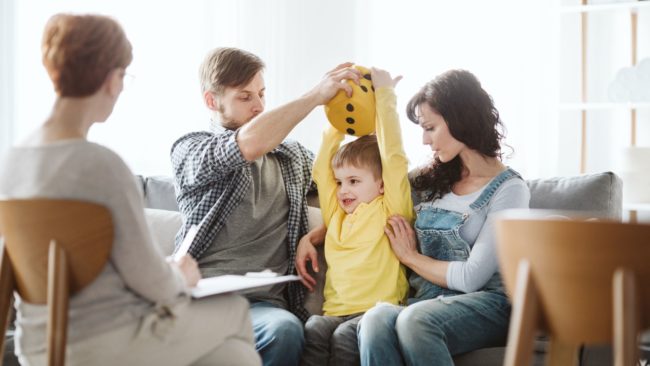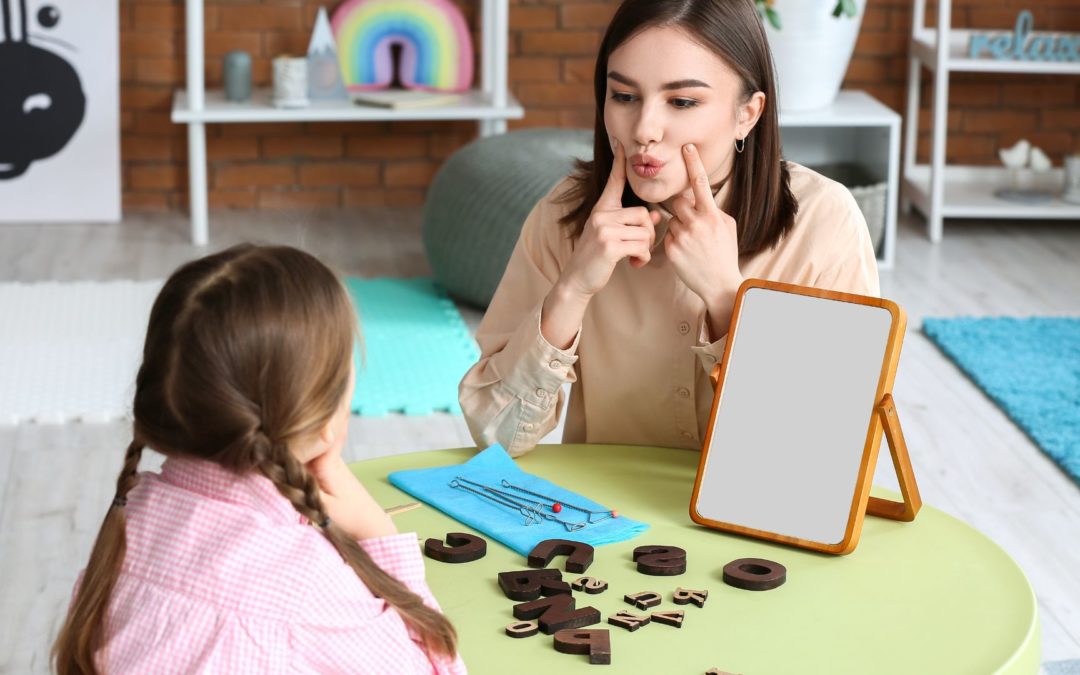
The term ADHD (which stands for Attention Deficit Hyperactivity Disorder) is often thrown around, but many are unaware of the actual symptoms of the condition and the effect it has on children’s lives.
ADHD effects around 3.62% of boys and nearly 1% of girls in the UK. It is a condition that affects behaviour, and ability to concentrate.
ADHD facts
Those with ADHD may struggle with:
- restlessness
- concentrating
- acting on impulse.
This may be displayed in children by traits including:
- a short attention span
- being easily distracted
- being forgetful or losing things
- making easy mistakes
- struggling to commit to tasks (such as homework)
- difficulty carrying out instructions
- flitting between tasks
- difficulty organising themselves.
They may also:
- fidget a lot
- talk excessively
- find it difficult to wait their turn
- interrupt
- have trouble sitting still.
These traits can cause problems with their education, and cause difficulty making friends with others.
What causes ADHD?
ADHD sometimes runs in families, however those with the condition have also been shown to have slightly different brains than people without- some areas of the brain are larger/ smaller.
Children may be more at risk if they were born prematurely, or have epilepsy.
I think my child may have ADHD- what now?
In the first instance, speak to your GP, and their school. While your GP can’t diagnose ADHD, they can discuss your concerns and refer you to a specialist.
The specialist will talk to your child, and may also speak to both you and your child’s school, if necessary.
What treatment is on offer?
There is no cure for ADHD but treatments can relieve the symptoms and make it easier to live with. There are medicines on offer which can help with concentration, feeling calmer, and assist with learning.
Therapy is another possible treatment, and can address any associated anxiety, as well as help children cope with their condition.
Training courses designed for parents of children with ADHD can also help mums and dads tailor their parenting approach to work with their child- including behaviour management.
Want to know more about ADHD?
Some useful links:









